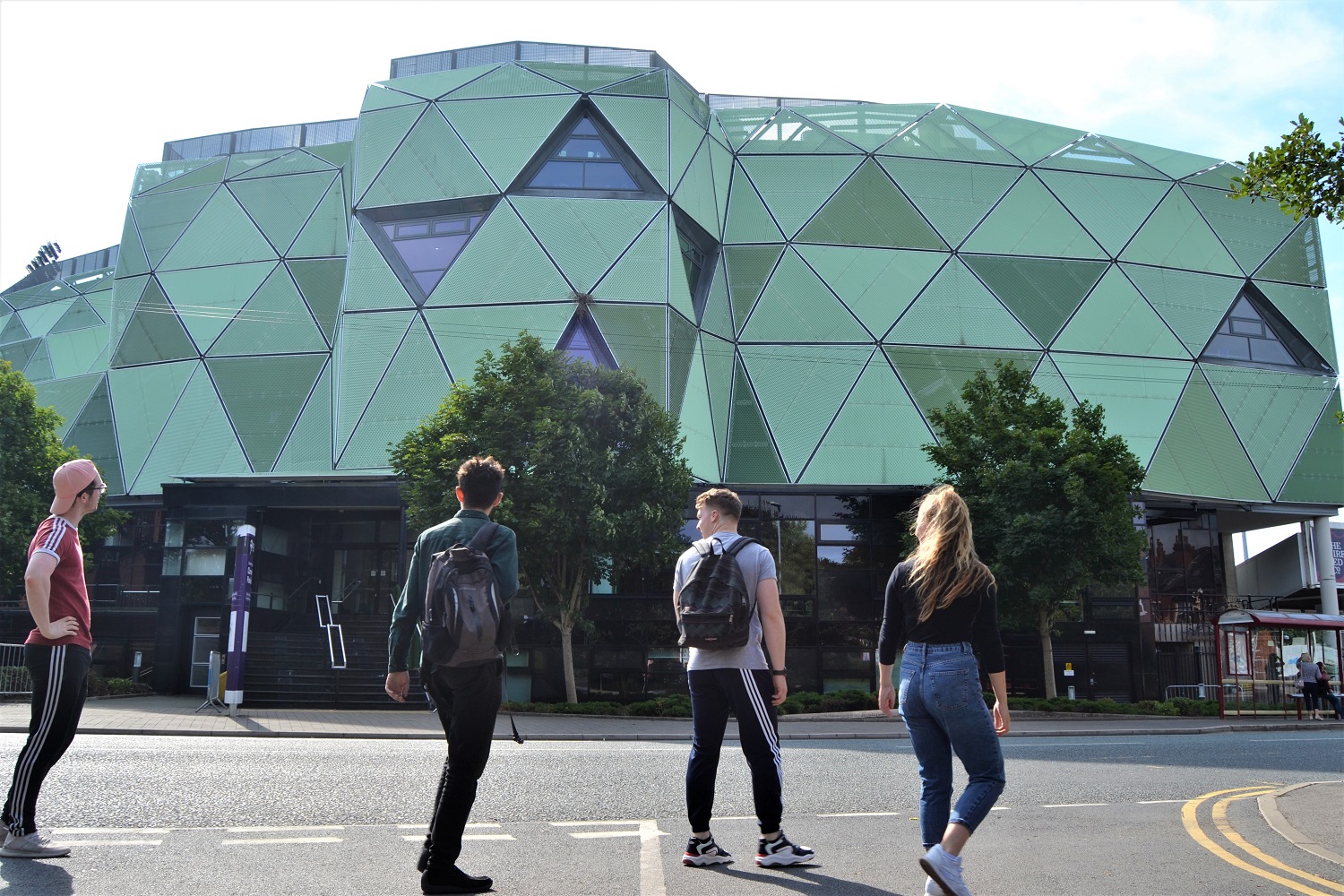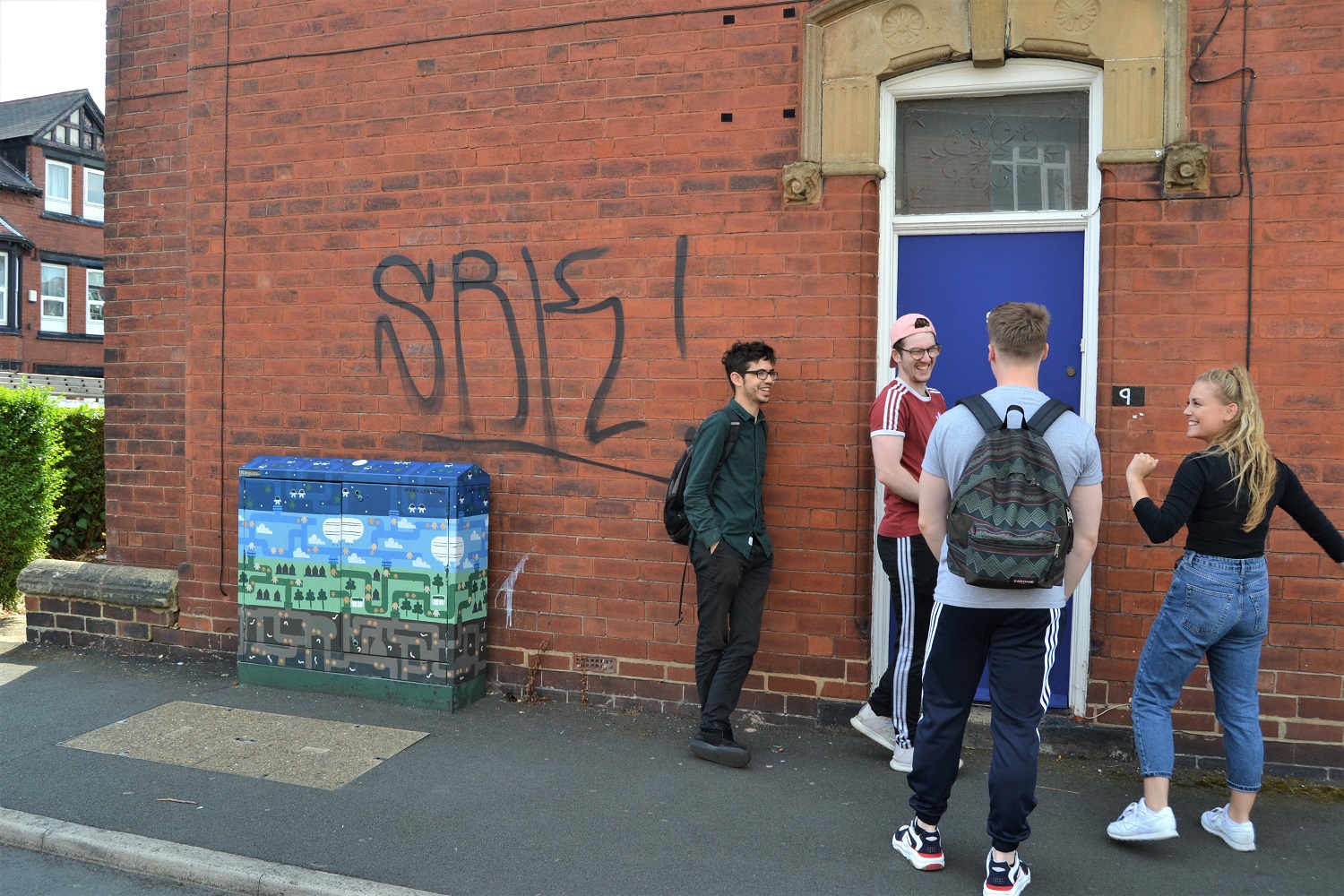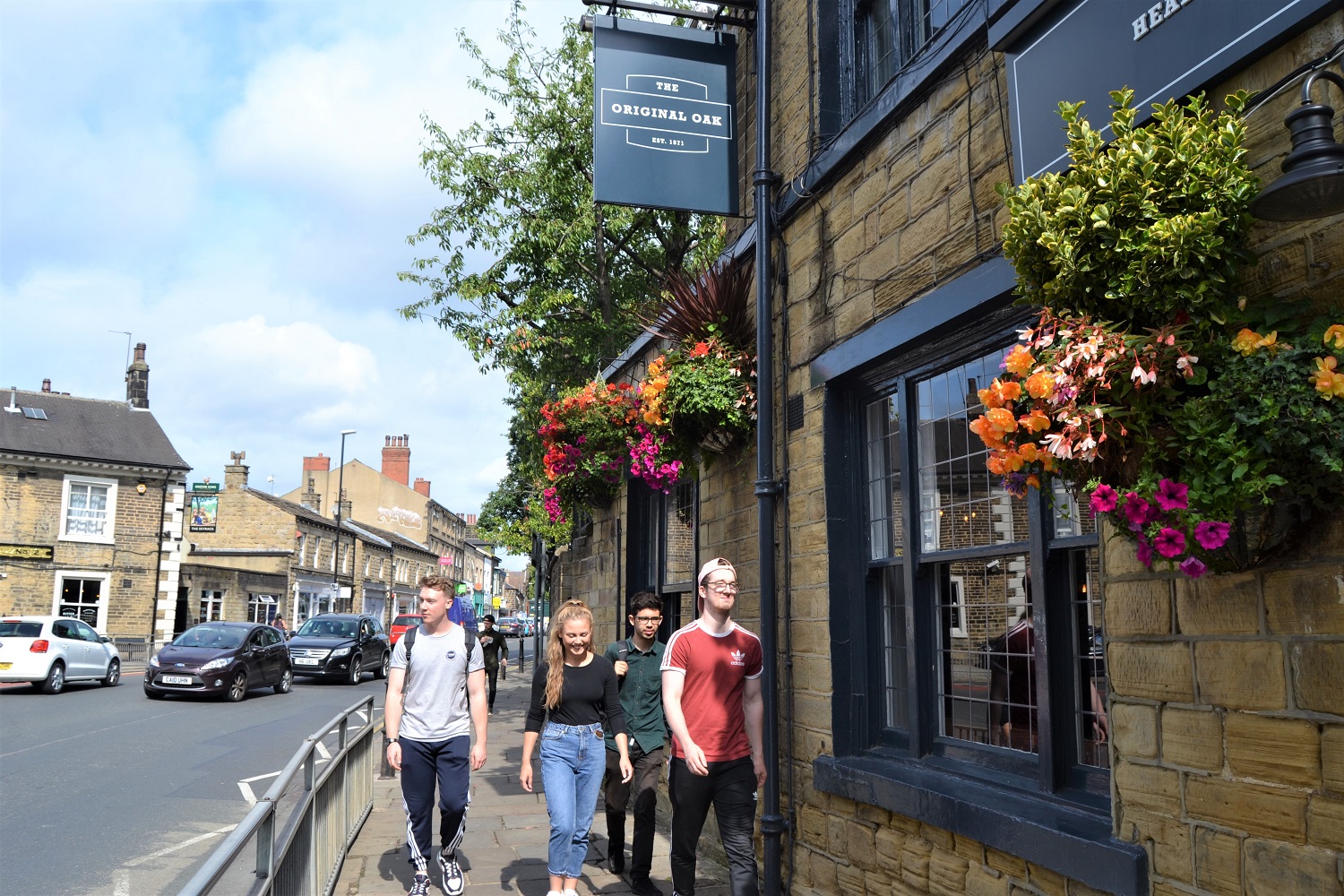We know that viewing student houses is an exciting time, especially if you’ve been in halls of residence in your first year. Living in a shared house is quite different to living in maintained halls; good sized bedrooms, and nice decor and furniture are easy to spot, but there are a number of other things to look out for which you might not have thought about.

Take a look through the below for some handy tips which should help make you feel more confident and armed with plenty of questions when you go on your viewings:
Utilities (bills)
- Make sure you are clear on whether all bills, some bills or no bills are included in the rent. Some landlords might include electricity and gas, for example, but exclude water and internet – in this case, you’d have to organise those yourselves and consider the additional costs.
- If the current tenants are around while you’re viewing, it would be useful to ask them about the costs of bills and whether the house is easy to heat.
Plumbing
- As well as making sure there are enough showering and washing facilities for everybody (especially if you’re sharing with a big group!), it’s also useful to check the shower, taps and drains work properly. You don’t want to find out your shower only releases a measly trickle of water when you’re showering after a muddy rugby match – it’s better to find out now.
Security
- As well as making sure all external doors are hole-free(!), you might also want to look to see if the windows are double glazed and check that the downstairs windows have locks.
- If a burglar alarm is installed, check that it works properly.

Furniture and interiors
- Most student houses have furniture included, but some students also bring some to make it more their own, so make sure you know which furniture is included with the house.
- Have a look around the ceilings and walls for any signs of damp (tell-tale signs are areas of darker wallpaper or paint, or if any wallpaper or paint is peeling away from the wall).
Kitchen
- Fridge/freezer spaces tend to be quite a delicate topic in shared student houses, so minimise any impending tensions by checking that there’s a decent amount of space in them while you’re doing viewings. Cupboard space is another thing to bear in mind.
Outside
- Moving to a house in a residential area often doesn’t bring with it the luxury of a private car park which you might have had at halls. Make sure to check if you’ll need a parking permit for parking on the street as this might be another cost to factor in.
- Bikes are unfortunately a sought-after item for thieves in areas popular with students, and some landlords won’t allow you to store your bike indoors. If this is the case, check that there is somewhere safe and secure for you to keep it.
Money
- Different landlords and letting agents will require rent payments at slightly different times; it might be termly, quarterly, or monthly. Check this so that you’re sure you’ll have the funds to pay the rent when it’s needed to save any stress later on.
- Once you pay your deposit, it should be held with a Deposit Protection Scheme. This could be one of three schemes: DPS, TDS, or MyDeposits. Ask which it will be at this point to check it is being dealt with properly and in case you need to know further down the line.
- Some tenancies require you to have a guarantor. This is someone who will be financially liable for your rent or costs of any damage if you are unable to settle them yourself. This is commonly a parent or guardian. However, only about 36% of bed spaces rented to students in Leeds and Bradford are let by landlords who ask for guarantees, so there are plenty that don’t require it.
Agreements
- Your property will either be managed by the landlord or a letting/managing agent. This is essentially who any of your dealings will be with. Make sure you’re clear on this in case of any repairs needed or questions you may have during your tenancy. Having details for the relevant person will help anything to be resolved or answered quicker.
- It’s also important that you’re 100% sure on the tenancy start and end dates (some tenancies start in July whereas some start in September).
Landlord
- Make sure to ask if the landlord is member of the Unipol Code; renting from a Code landlord guarantees you higher standards and more rents as a tenant. You can read more about the benefits here.
- It’s useful to also ask if the landlord or agent provides any extra services (such as gardening, window cleaning etc), or if these are the responsibility of the tenants. If the landlord agrees for any changes or repairs to be completed, make sure you get them in writing.

Other
- If you’re new to the area, ask the landlord (or even better – current tenants if they’re around) where the nearest shop and public transport (if you need it) is, and how far away your uni campus is.
- At the end of each viewing, all members of the group should rate the property from 1 to 3, so as to make the decision process easier! 🙂
